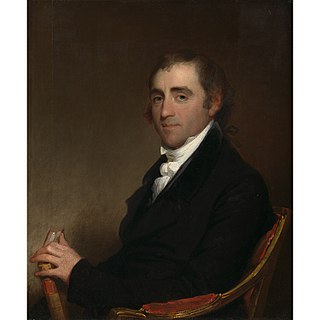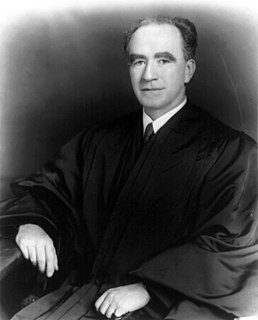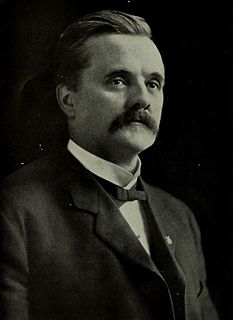A Quote by Noam Chomsky
[James] Madison pointed out in the discussion of the constitutional debates - the constitutional convention - that democracy would be a danger. He used England of course as the model and said suppose that in England everyone had the free right to vote; the poor, the propertyless - who are the great majority - would use their voting power to take away the rights of property owners to carry out what we would call land reform.
Quote Topics
Away
Call
Carry
Constitutional
Constitutional Convention
Convention
Course
Danger
Debates
Democracy
Discussion
England
Everyone
Free
Great
Had
James
Land
Madison
Majority
Model
Out
Owners
Pointed
Poor
Power
Property
Reform
Right
Right To Vote
Rights
Said
Suppose
Take
Use
Used
Vote
Voting
Would
Would Be
Related Quotes
If you look at the minutes of the constitutional convention - which we have - Madison who was the main framer, proceeded to develop a system in which - as he put it - power would be in the hands of the wealth of the nation, the more responsible set of men and who recognize the need to protect the rights of property owners. That's why in the constitutional system, the most powerful part of the whole system is the senate.
England shouldn't have the real freedom of vote and we shouldn't either. Because as [James Madison] put it, one of the primary goals of government was to protect the minority of the opulent against the majority, to make sure the opulent maintain their rights. The constitutional system was structured to ensure that outcome.
Democracy is not freedom. Democracy is two wolves and a lamb voting on what to eat for lunch. Freedom comes from the recognition of certain rights which may not be taken, not even by a 99% vote. Those rights are spelled out in the Bill of Rights and in our California Constitution. Voters and politicians alike would do well to take a look at the rights we each hold, which must never be chipped away by the whim of the majority.
What about your constitutional right to bear arms, you say. I would simply point out that you don’t have to exercise a constitutional right just because you have it. You have the constitutional right to run for president of the United States, but most people have too much sense to insist on exercising it.
Free institutions are not the property of any majority. They do not confer upon majorities unlimited powers. The rights of the majority are limited rights. They are limited not only by the constitutional guarantees but by the moral principle implied in those guarantees. That principle is that men may not use the facilities of liberty to impair them. No man may invoke a right in order to destroy it.
[O]ur sages in the great [constitutional] convention... intended our government should be a republic which differs more widely from a democracy than a democracy from a despotism. The rigours of a despotism often... oppress only a few, but it is the very essence and nature of a democracy, for a faction claiming to oppress a minority, and that minority the chief owners of the property and truest lovers of their country.
The Constitutional Convention debated whether America should even have a standing army. ... They worried that a powerful military could rival civilian government for power in our new country, and of course they worried that having a standing army around would create too much of a temptation to use it.
We passed the Voting Rights Act of Virginia, which restores and builds on key provisions of the 1965 federal Voting Rights Act that was gutted by the United States Supreme Court. Voting is fundamental to our democracy, and this legislation is a model for how states can ensure the integrity of elections and protect the sacred right to vote.



































